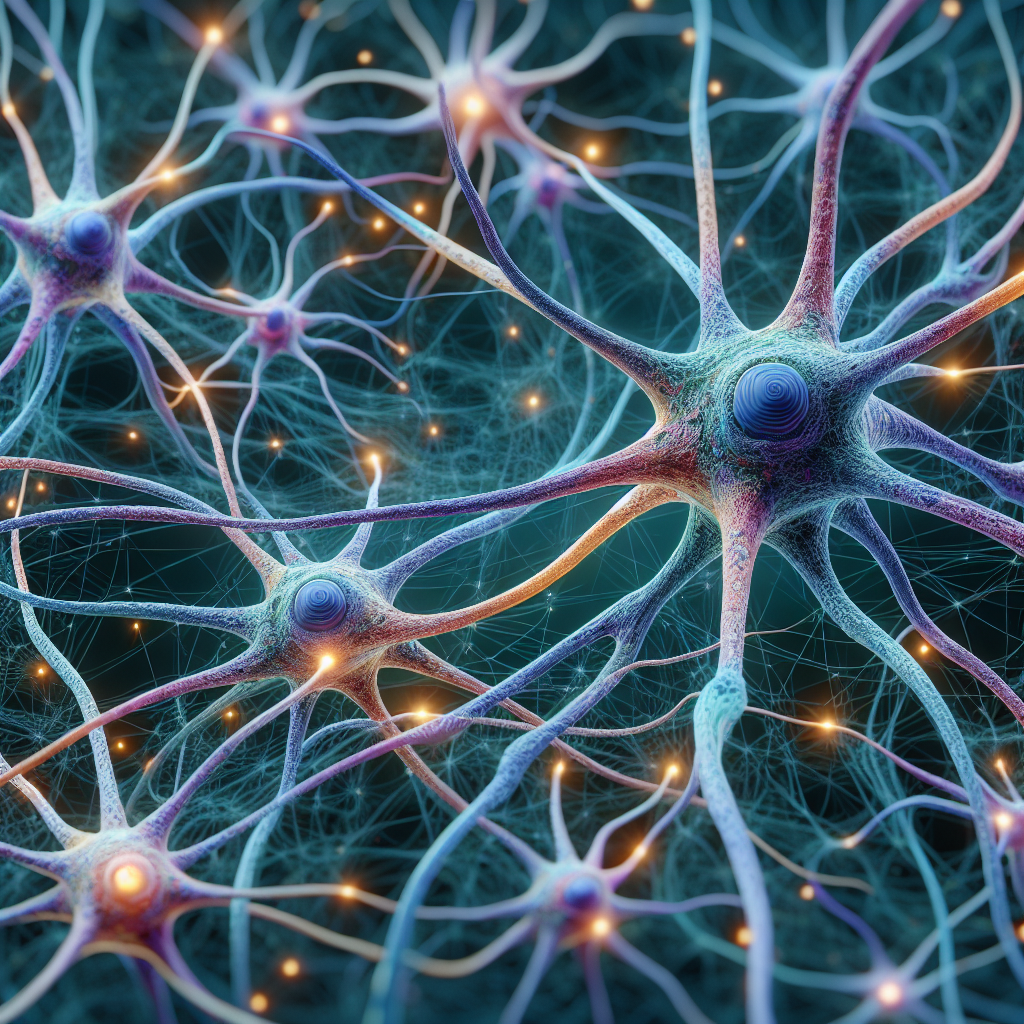The brain is our most energy-demanding organ, utilizing around half of all the sugar energy in the body. This energy is vital for maintaining cognitive functions such as thinking, memory, and learning. However, the relationship between sugar intake and brain function is complex, with both beneficial and detrimental effects being reported. Understanding this relationship is crucial for maintaining optimal brain health and function.
The Dual Nature of Sugar: Energy Source and Potential Hazard
Glucose, the simplest form of sugar, is the primary fuel for the brain. Neurons cannot store glucose and are reliant on the bloodstream to deliver a constant supply. This underscores the importance of sugar in our diet. However, excessive sugar intake can lead to various health issues, including obesity, type 2 diabetes, and cardiovascular disease, which can indirectly affect brain health.
For a more comprehensive understanding of brain health and its relation to overall well-being, Avix Health’s brain health resource offers a wealth of information.
Short-Term Effects of Sugar on Brain Function
In the short term, a sugar rush can lead to a temporary boost in mood and alertness. This is due to the rapid influx of glucose to the brain, which temporarily increases energy production. However, this is often followed by a sugar crash, characterized by fatigue and irritability, as insulin is released to decrease high blood sugar levels, sometimes leading to a state of hypoglycemia.
Long-Term Effects of High Sugar Intake
Long-term excessive sugar consumption can have more serious effects on brain function. One significant concern is the development of insulin resistance. While commonly associated with diabetes, insulin resistance can also occur in the brain, impairing the brain cells’ ability to utilize glucose and thus affecting cognitive function.
Several studies have shown a correlation between high sugar diets and an increased risk of developing Alzheimer’s disease. For instance, the Alzheimer’s Association provides insights into research on diet and Alzheimer’s.
Cognitive Impairment and the Role of Diet
Diet plays a crucial role in cognitive health, and diets high in sugar have been linked to impairments in memory, learning, and neuroplasticity—the brain’s ability to adapt and reorganize itself. Additionally, a high-sugar diet can lead to inflammation, which is detrimental to brain health.
For those interested in exploring the role of diet further, Combating Brain Fog Through Diet and Lifestyle offers practical advice on how dietary choices can influence cognitive clarity.
Sugar and Mental Health
The impact of sugar on mood and mental health is a growing area of study. There’s evidence to suggest that high sugar consumption may exacerbate symptoms of depression and anxiety. Furthermore, the fluctuating blood sugar levels from a high sugar diet can contribute to mood swings and irritability.
To explore the intricate connections between diet and mental health, particularly the brain-gut axis, consider reading Navigating Mental Health: The Brain-Gut Axis.
Strategies for Healthy Sugar Consumption
Given the potential risks associated with high sugar intake, it’s important to adopt strategies to manage sugar consumption effectively:
- Read Labels Carefully: Many processed foods contain hidden sugars. It’s essential to read product labels and be aware of terms that indicate added sugars.
- Opt for Complex Carbohydrates: Foods with complex carbs, such as whole grains and vegetables, provide a slower release of glucose, which is better for sustained brain function.
- Limit Sugary Drinks: Beverages like soda and fruit juices can contain high amounts of sugar and should be consumed sparingly.
- Eat Regular, Balanced Meals: This helps to maintain stable blood sugar levels, which is beneficial for brain function and mood stability.
For advice on improving cognitive function, The Effects of Nootropics on Brain Function dives into supplements that may enhance mental performance.
Sugar Alternatives and Brain Health
While artificial sweeteners provide a low-calorie alternative to sugar, their impact on brain health is not yet fully understood, and research is ongoing. Some studies suggest that artificial sweeteners may not be a healthy substitute for sugar, as they can still trigger insulin responses and affect the brain’s reward system.
External Resources for Further Reading
To further understand the impact of diet on brain function, here are some niche resources:
- The Society for Neuroscience provides a hub of research on various aspects of brain function, including the effects of diet.
- The Nutrition Source by Harvard T.H. Chan School of Public Health offers evidence-based guidelines for healthy eating.
- BrainFacts.org offers accessible articles and information on the brain and the influence of nutrition on cognitive health.
Conclusion
Understanding the impact of sugar intake on brain function is essential for maintaining cognitive health. While sugar is a crucial energy source for the brain, excessive intake can have detrimental effects both in the short and long term. By making informed dietary choices and adopting strategies to manage sugar consumption, individuals can support their cognitive function and overall brain health. It is also important to stay informed with the latest research and recommendations from trusted health sources to navigate this complex topic successfully.



